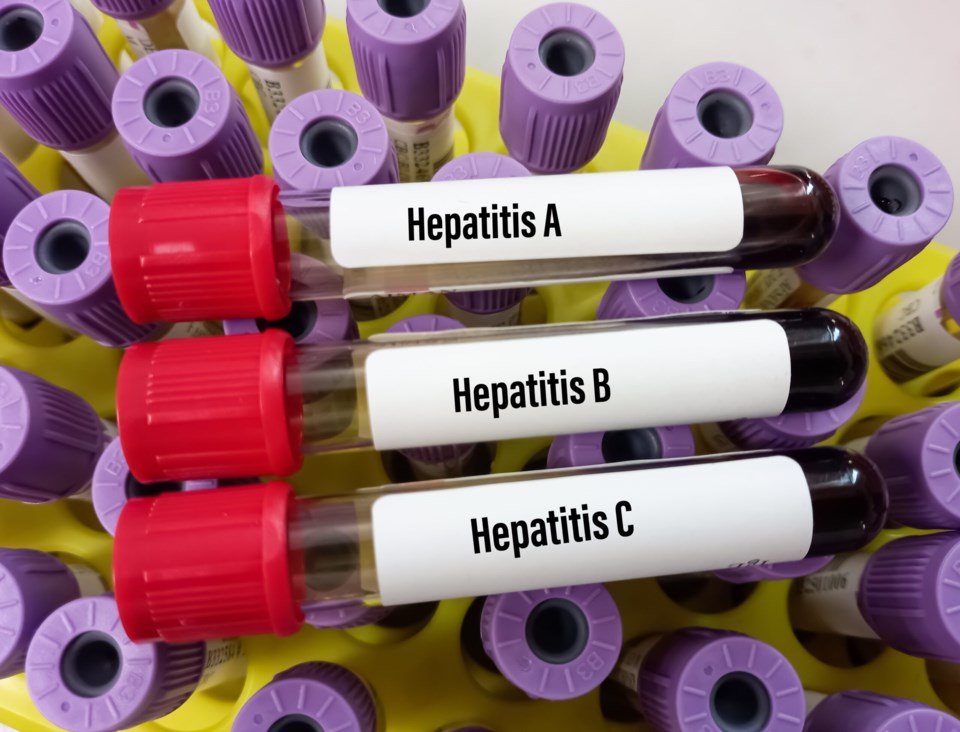Congressional Hepatitis Caucus Co-Chairs Nydia Velázquez of New York and Hank Johnson of Georgia have called on Health and Human Services Secretary Robert F. Kennedy Jr. to maintain federal recommendations for hepatitis A and B vaccinations.
The appeal follows Kennedy’s removal of all 17 members of the CDC’s Advisory Committee on Immunization Practices (ACIP), a move that has raised alarms across the medical and political spectrum.
“For decades, ACIP has been an American pillar of public health, widely trusted by medical providers, insurers, individuals, and parents across the nation,” wrote the lawmakers.
The CDC’s ACIP has long played a critical role in shaping national vaccination guidance, including recommendations that have significantly reduced the spread of hepatitis B among children. Since the CDC began promoting routine infant vaccinations more than 30 years ago, hepatitis B infections in newborns have declined by 95 percent. Prior to this, nearly 18,000 children were infected each year.
Replacing the committee with new members, some of whom are known for vaccine skepticism, has fueled concerns about the future of science-based policymaking. Public health leaders and organizations, including the American Medical Association, have questioned whether the new panel has the medical expertise needed to responsibly guide immunization practices.
Velázquez and Johnson emphasized the high stakes of hepatitis prevention. Hepatitis B, a chronic disease, leads to liver cancer in roughly one in four untreated individuals. Liver cancer is currently the sixth leading cause of cancer deaths in the United States. Without continued access to the birth dose of the hepatitis B vaccine, thousands of infants could once again be at risk of infection each year.
The lawmakers also addressed the potential rollback of hepatitis A vaccine recommendations. Since 2016, hepatitis A outbreaks have occurred in 37 states, posing a significant threat, especially to those with chronic liver conditions. While many people recover from hepatitis A, vulnerable individuals face greater health risks and complications.
“Hepatitis B is a chronic disease that leads to liver cancer in 25% of untreated people,” wrote the lawmakers.
The letter urges the department to preserve current vaccination schedules to protect public health, reduce chronic disease, and avoid preventable deaths. Velázquez and Johnson warn that any step backward on vaccine access and guidance would undermine decades of progress in fighting hepatitis-related diseases.




